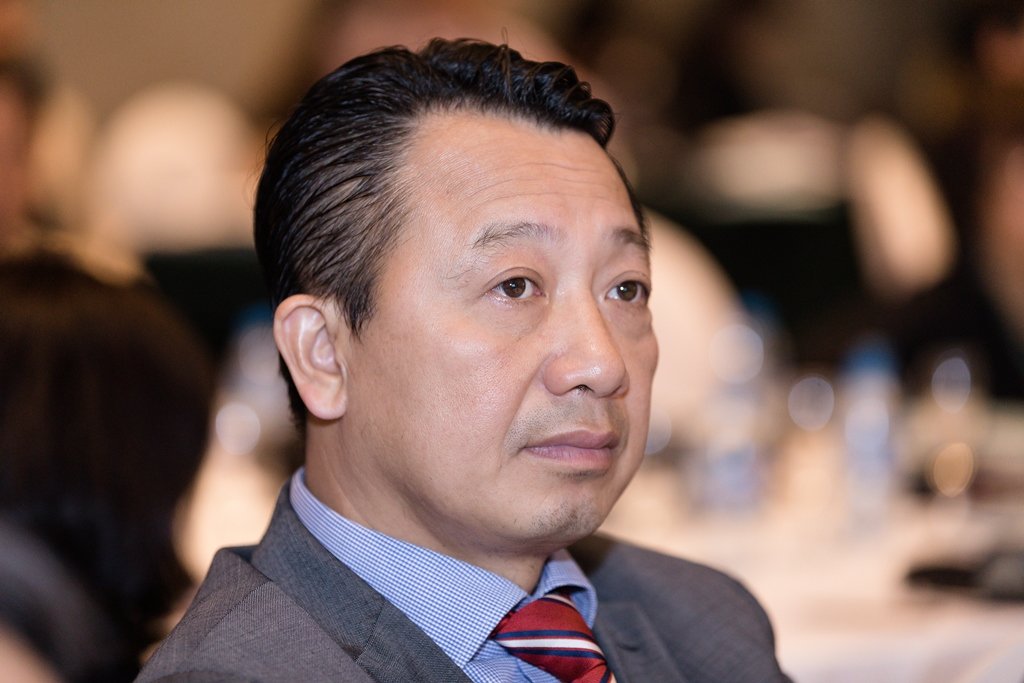Time is ripe for Vietnam to strengthen Business Collective Actions, as a way to tackle corruption and improve companies’ competitiveness – but still a way to go!

Ms. Nguyen Thi Kieu Vien, Chief Executive, Center for Social Governance Research (CENSOGOR) – partner of Transparency International (TI) in Vietnam
In co-partnership with VCCI, Center for Social Governance Research (CENSOGOR) – a partner of Transparency International in Vietnam, held on 12 April a regional workshop, titled “Fostering Better Business Environment through Collective Actions in Business Integrity in Vietnam”. Funded by the Danish Embassy, this event, a first in Hanoi, widely covered by the media, allowed promoters and implementers of business integrity collective actions in Vietnam, Malaysia and Philippines to exchange views, recipes for success and key challenges to overcome.

Madam Charlotte Laursen, Denmark Ambassador
Two of the Vietnamese collective actions were presented and discussed, VCCI’s Project 12 and Saigon Hi-tech Park’ initiative. The former being at the forefront of helping SMEs to deal with corruption via training and locally developed tool kit. The latter explaining how to build up an effective, public and transparent investment environment for businesses.

Mr. Nguyen Quang Vinh, Deputy Secretary General, VCCI
Strikingly, speakers from the three countries found business integrity collective actions to bear similar characteristics and patterns. All agreed that they ultimately improve business competitiveness; that they require strong government support and political will (which is not always a simple task); that champion multinational companies are more likely to join in and attract others to follow (like INTEL in the Saigon Hi-tech Park’ initiative); that SMEs on the other hand, are more skeptical and tend to adopt a wait and see attitude; that the most difficult is not to have a company sign a pledge (it can even be made compulsory) but to have the company implement it.
Against these challenges, speakers agreed that business collective actions carry a greater chance of success when they are business-based, when they develop benefits for the companies and when they are self-sustaining. Therefore the need for a long term strategy and concrete actions, to be carried forward collectively by all stakeholders.
The government cannot fight corruption alone. The private sector must step up to the plate and do its part, otherwise we will devolve into a nation of finger pointing without making any constructive changes. True change requires the commitment and collective action of everyone involved.
Gregorio S. Navarro, Chairman, Integrity Initiative (The Philippines)




